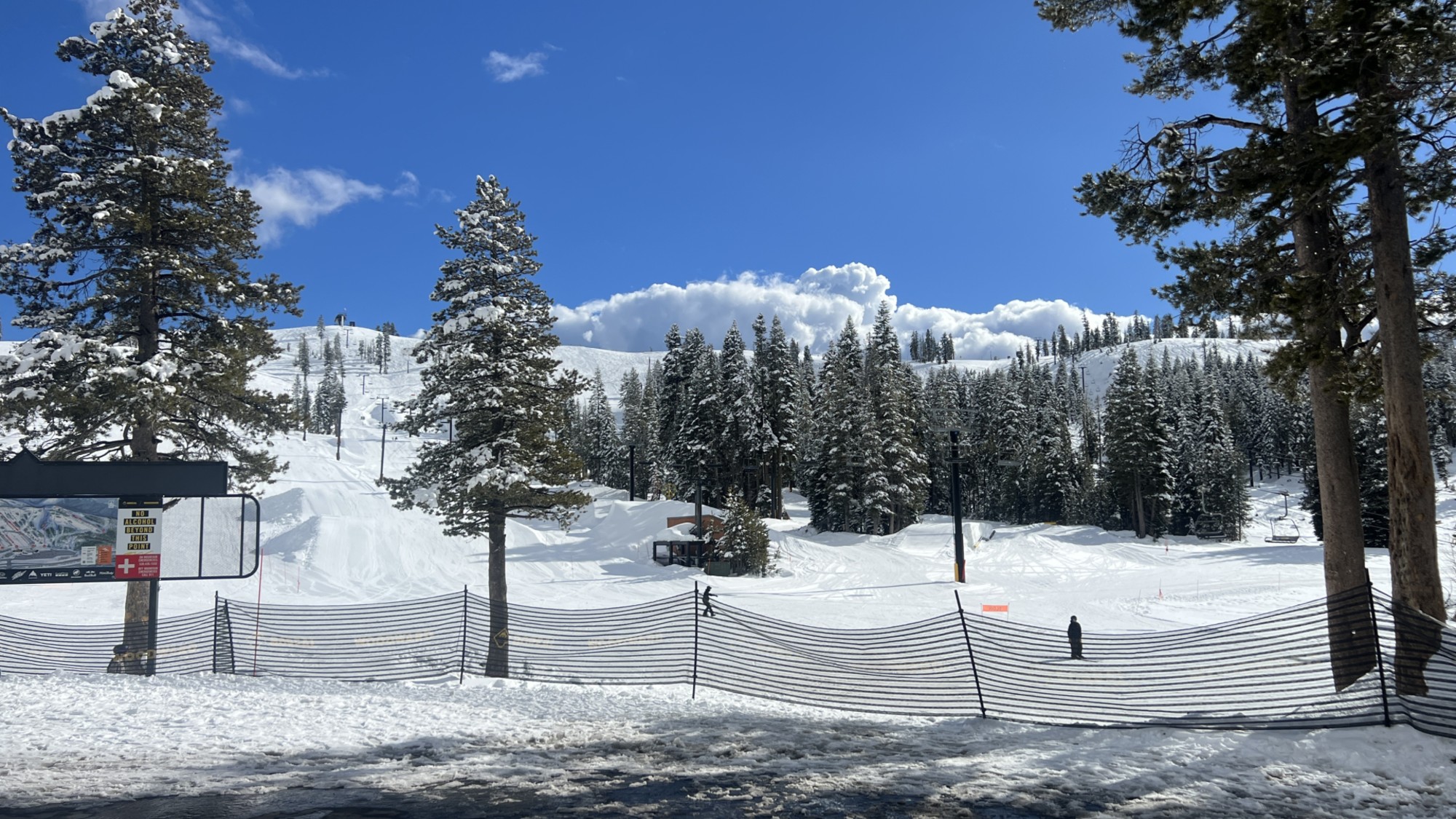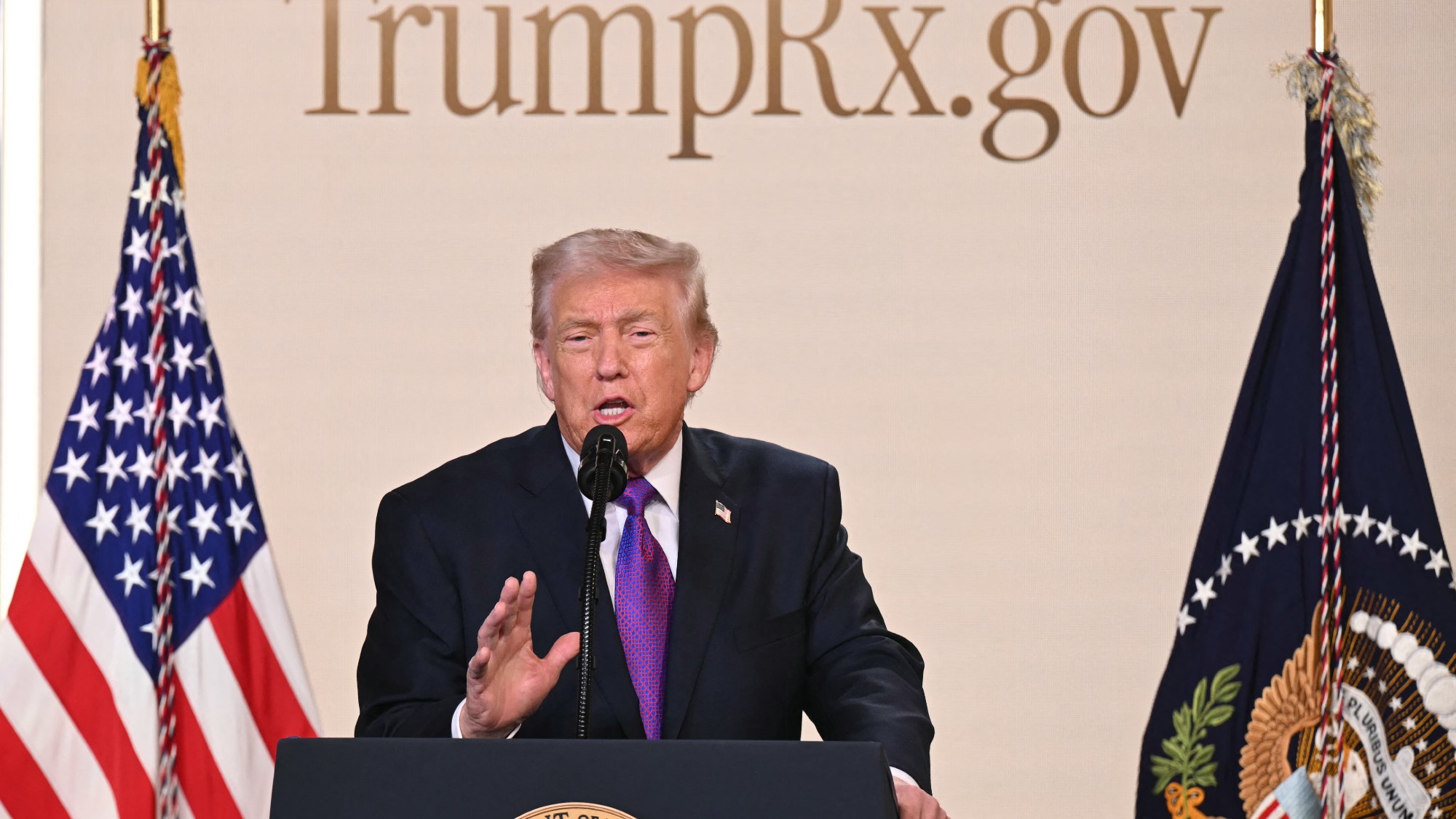Ten Things You Need to Know Today: Tuesday 17 Oct 2017
- 1. Storm Ophelia to cause further disruption
- 2. Weinstein to argue he was sacked unlawfully
- 3. Man killed in Parsons Green stabbing
- 4. Councils buy rough sleepers one-way tickets
- 5. US urges ‘calm’ after Iraqi forces seize Kirkuk
- 6. May’s trip to Brussels ‘fails to end deadlock’
- 7. TV company hacked by North Korea
- 8. House prices ‘still low after 2007 crash’
- 9. Lars von Trier denies harassing Bjork
- 10. Briefing: young bear the burden of UK’s debt crisis
A free daily email with the biggest news stories of the day – and the best features from TheWeek.com
You are now subscribed
Your newsletter sign-up was successful
1. Storm Ophelia to cause further disruption
After causing three deaths in Ireland – and leaving 330,000 premises without power – Storm Ophelia is expected to bring disruption to the UK today. Gusts of up to 70mph are forecast, prompting the Met Office to issue a yellow warning for Northern Ireland, the north of England, central and southern Scotland and northwest Wales.
2. Weinstein to argue he was sacked unlawfully
Hollywood producer Harvey Weinstein will argue the board of his own company acted unlawfully when it fired him in response to allegations of sexual harassment, assault and rape. Weinstein has denied the allegations, after admitting he had caused pain to colleagues. He has been expelled from the Oscars organising body.
3. Man killed in Parsons Green stabbing
A man has died and two others have been injured in a stabbing outside the London Underground station where 30 people were injured in a botched terror attack last month. Police say the incident last night was not terror-related, however. One of the injured men was arrested after being taken to hospital. The man who died was 20 years old.
The Week
Escape your echo chamber. Get the facts behind the news, plus analysis from multiple perspectives.

Sign up for The Week's Free Newsletters
From our morning news briefing to a weekly Good News Newsletter, get the best of The Week delivered directly to your inbox.
From our morning news briefing to a weekly Good News Newsletter, get the best of The Week delivered directly to your inbox.
4. Councils buy rough sleepers one-way tickets
Some councils in England with high numbers of rough sleepers are spending up to £1,000 a day buying homeless people one-way tickets to other cities, the BBC has found. Officially, the policy is used to help rough sleepers reunite with relatives – but some say they have been offered tickets to places to which they have no connection.
5. US urges ‘calm’ after Iraqi forces seize Kirkuk
The US has called for “calm” after Iraqi troops seized the northern city of Kirkuk from Kurdish control, three weeks after the Kurdistan region held an independence referendum. Kirkuk is not within Iraqi Kurdistan but residents did take part in the controversial ballot, which was denounced as unconstitutional by Iraqi PM Haider al-Abadi.
6. May’s trip to Brussels ‘fails to end deadlock’
Theresa May’s private dinner with Jean-Claude Juncker and Michel Barnier in Brussels last night ended with the Prime Minister “rebuffed” and having made “no apparent inroads”, according to The Guardian. Meanwhile, think tank the Resolution Foundation says poorer families would bear the costs of leaving Europe without a trade deal.
7. TV company hacked by North Korea
A British TV production company had its computers hacked by North Korea after it announced it was working on a TV drama series about the dictatorship. Mammoth Screen says the project, which was to be titled Opposite Number, has been shelved because of a failure to secure funding. Initial reports said it was Channel 4 which was hacked.
A free daily email with the biggest news stories of the day – and the best features from TheWeek.com
8. House prices ‘still low after 2007 crash’
According to the BBC, house prices in more than 50% of England and Wales are still lower in real terms than they were before the 2007-2008 financial crash. The broadcaster says houses in 58% of council wards now sell for less, accounting for inflation, than they did a decade ago. Price rises have been limited to the southeast of England.
9. Lars von Trier denies harassing Bjork
Danish film director Lars von Trier has denied sexually harassing Icelandic singer Bjork when she starred in his film Dancer in the Dark. After Bjork posted online that Von Tier had touched and harassed her when she “turned him down”, Von Trier told a Danish newspaper: “That was not the case. But … we were definitely not friends.”
10. Briefing: young bear the burden of UK’s debt crisis
The consumer debt crisis is having a disproportionate effect on young people in the UK, the chief executive of the Financial Conduct Authority (FCA) has warned.
In an interview with the BBC, Andrew Bailey, who heads up the regulator, said the young were having to borrow simply to cover basic living costs.
Unsecured household debt in Britain, which includes credit cards, overdrafts and car loans, recently topped £200bn for the first time since the financial crisis.
Bailey said the younger generation were not “reckless”, but were forced to rack up large debts paying high rents and funding “essential living”.
Why are young people bearing the burden of UK’s debt crisis?
-
 Democrats seek calm and counterprogramming ahead of SOTU
Democrats seek calm and counterprogramming ahead of SOTUIN THE SPOTLIGHT How does the party out of power plan to mark the president’s first State of the Union speech of his second term? It’s still figuring that out.
-
 Climate change is creating more dangerous avalanches
Climate change is creating more dangerous avalanchesThe Explainer Several major ones have recently occurred
-
 What’s TrumpRx and who is it for?
What’s TrumpRx and who is it for?The Explainer The new drug-pricing site is designed to help uninsured Americans
-
 10 things you need to know today: January 24, 2024
10 things you need to know today: January 24, 2024Daily Briefing Trump closes in on nomination with New Hampshire win over Haley, 'Oppenheimer' leads the 2024 Oscar nominations, and more
-
 10 things you need to know today: January 23, 2024
10 things you need to know today: January 23, 2024Daily Briefing Haley makes last stand in New Hampshire as Trump extends polling lead, justices side with US over Texas in border fight, and more
-
 10 things you need to know today: January 22, 2024
10 things you need to know today: January 22, 2024Daily Briefing DeSantis ends his presidential campaign and endorses Trump, the US and Arab allies push plan to end Gaza war, and more
-
 10 things you need to know today: January 21, 2024
10 things you need to know today: January 21, 2024Daily Briefing Palestinian death toll reportedly passes 25,000, top Biden adviser to travel to Egypt and Qatar for hostage talks, and more
-
 10 things you need to know today: January 20, 2024
10 things you need to know today: January 20, 2024Daily Briefing Grand jury reportedly convened to investigate Uvalde shooting response, families protest outside Netanyahu's house as pressure mounts for hostage deal, and more
-
 10 things you need to know today: January 19, 2024
10 things you need to know today: January 19, 2024Daily Briefing Congress averts a government shutdown, DOJ report cites failures in police response to Texas school shooting, and more
-
 10 things you need to know today: January 18, 2024
10 things you need to know today: January 18, 2024Daily Briefing Judge threatens to remove Trump from his defamation trial, medicine for hostages and Palestinians reach Gaza, and more
-
 10 things you need to know today: January 17, 2024
10 things you need to know today: January 17, 2024Daily Briefing The US strikes Houthi targets in Yemen a third time, Trump's second sex defamation trial begins, and more